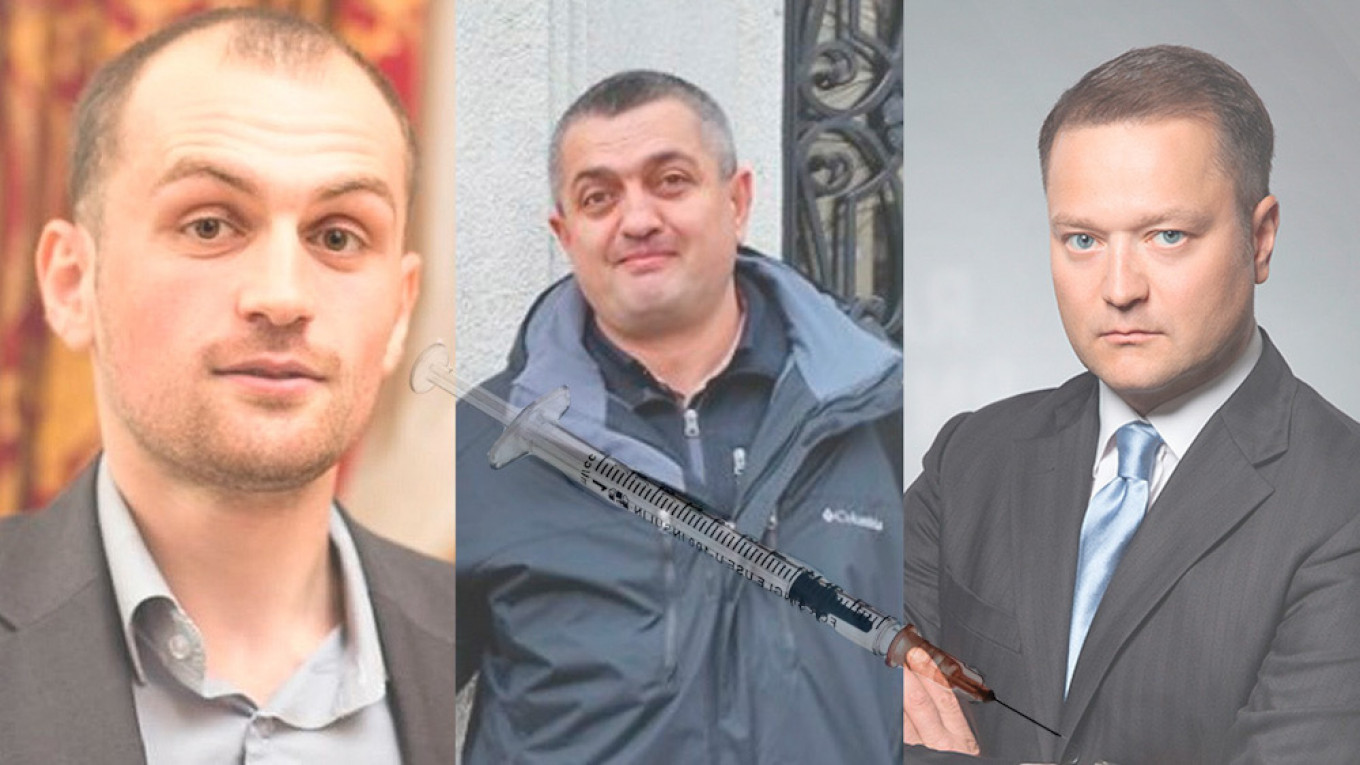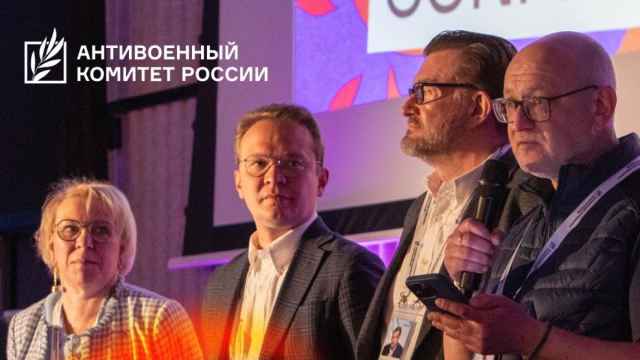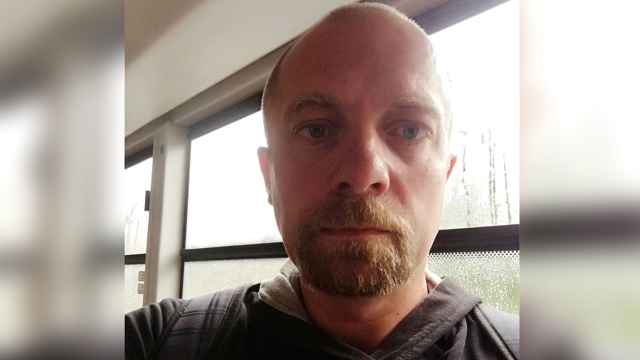An elite Russian chemical weapons squad that tailed opposition leader Alexei Navalny for years before allegedly poisoning him with Novichok was involved with at least three other killings, according to a joint investigation published Wednesday.
In December, CNN, the Bellingcat investigative outlet, Russia’s The Insider and Germany’s Der Spiegel used phone records, flight logs and other documents to track the movements of a Federal Security Service (FSB) unit specializing in toxins and nerve agents. That investigation said the unit’s members were deployed alongside Navalny’s Siberian trip at around the time of his Aug. 20 poisoning.
Using this travel data, Bellingcat, The Insider and Der Spiegel said they have linked the FSB unit to the killings of journalist-activist Timur Kuashev, activist Ruslan Magomedragimov and politician Nikita Isayev.
“Travel coincidences make it impossible to doubt the involvement of this group of poisoners,” The Insider wrote.
Timur Kuashev was found dead at age 26 in a forest near his home in the North Caucasus republic of Kabardino-Balkaria after going missing in late July 2014. Before his death, he had complained about threats from law enforcement officials following his critical reports and opposition activities. The investigation into his death is still ongoing, with friends and colleagues disputing autopsy findings that he died of heart failure. The medical examiner had found a syringe mark under his armpit.
FSB chemical-weapons agent Konstantin Kudryavtsev, who was named in the Navalny investigation and later allegedly confessed to the poisoning in a trick phone call with Navalny himself, arrived in Kuashev’s home city of Nalchik on July 13, 2014, The Insider reported. In the coming days, fellow FSB unit members Ivan Osipov, Denis Machikin and Roman Matyushin flew to nearby airports. All three agents returned to Moscow on July 31 and Aug. 1, the day Kushaev’s body was found, The Insider reported.
Ruslan Magomedragimov, an activist with the “Unity” civic movement, was found dead at age 45 near Makhachkala in the republic of Dagestan on March 24, 2015. His official cause of death was ruled to be suffocation, but his relatives said there were two points on his neck similar to injection marks from a syringe, The Insider said.
According to The Insider, Osipov flew to Makhachkala twice in January 2015, while Kudryavtsev flew there from March 11-16. Osipov flew to Vladikavkaz, a four-hour drive from Makhachkala, on March 20 and returned to Moscow on March 26. The Insider noted, however, that "the probability of coincidence cannot be completely excluded," as Osipov traveled to Makhachkala several other times.
Nikita Isayev, the former head of the “New Russia” movement, died at age 41 on a train from Tambov to Moscow on Nov. 16, 2019. Shortly before his death, he had been appointed as an adviser for regional development by the head of the A Just Russia party, Sergei Mironov. During his career, he advocated for environmental issues in Russia's regions. His official cause of death was a heart attack, but his body was cremated before the autopsy results were released.
The joint investigation cited its documents as saying that FSB agents had tailed Isayev since December 2018, including two members of the team that tailed Navalny — Osipov and Alexei Alexandrov. However, it noted that Isayev "was absolutely loyal to the Kremlin as a politician" and that there was no plausible motive for him to be killed by the FSB. The investigation pointed to Isayev's frequent trips abroad as evidence that he might have worked for Russia's Foreign Intelligence Service and that he could have done something viewed by the special services as treason, but stressed that it had no evidence of this theory.
A Message from The Moscow Times:
Dear readers,
We are facing unprecedented challenges. Russia's Prosecutor General's Office has designated The Moscow Times as an "undesirable" organization, criminalizing our work and putting our staff at risk of prosecution. This follows our earlier unjust labeling as a "foreign agent."
These actions are direct attempts to silence independent journalism in Russia. The authorities claim our work "discredits the decisions of the Russian leadership." We see things differently: we strive to provide accurate, unbiased reporting on Russia.
We, the journalists of The Moscow Times, refuse to be silenced. But to continue our work, we need your help.
Your support, no matter how small, makes a world of difference. If you can, please support us monthly starting from just $2. It's quick to set up, and every contribution makes a significant impact.
By supporting The Moscow Times, you're defending open, independent journalism in the face of repression. Thank you for standing with us.
Remind me later.






